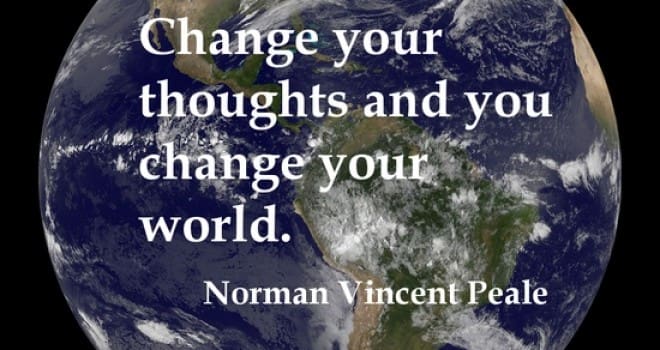The Healing Power of Forgiveness, Part 1: Ancient Wisdom Meets Modern Science

Hi Everyone,
Current events of the past several months inspired me to put fingers to the keyboard: the church shootings in Charleston, South Carolina, and the trial and verdict in the Boston marathon bombing.
Both matters led to much discussion in the media from both sides of the aisle: from those who demanded an eye for an eye, and from others who considered forgiveness as the only means of reconciliation and healing.
In this piece, I’ll offer that forgiveness is, indeed, the ultimate and only path to absolution and healing. However, I’ll also offer that it does not necessarily come easily. Rather, it needs to be a process: a process of honoring the experiences of suffering, of pain, of anger; then and thus, compassion for self and others; and finally, the natural consequence of these: forgiveness.
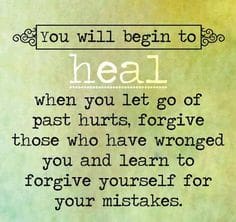
Here in Part 1, I’ll detail how both ancient wisdom and modern science teach us that holding anger can cause disease and that freeing ourselves from anger’s grip can heal us.
In Part 2, I’ll offer the how-to’s of forgiving: first, how to access and release held anger; then, how to find compassion for self and other(s); and finally, how to experience the end result of these: forgiveness.
Here’s the gist of it all:
- Holding pain, suffering, and anger within, causes “dis”-ease. Literally, disease.
- Releasing pain, suffering, and anger within, can heal disease.
- Forgiving can heal us.
- To be able to forgive, we first need to allow and release the feelings of suffering, of pain, of anger.
The resultant healing may be the healing of physical “dis”-ease. Of emotional “dis”-ease. Or it may be healing in another form; of circumstances, of relationships, or more. It may be all of these.
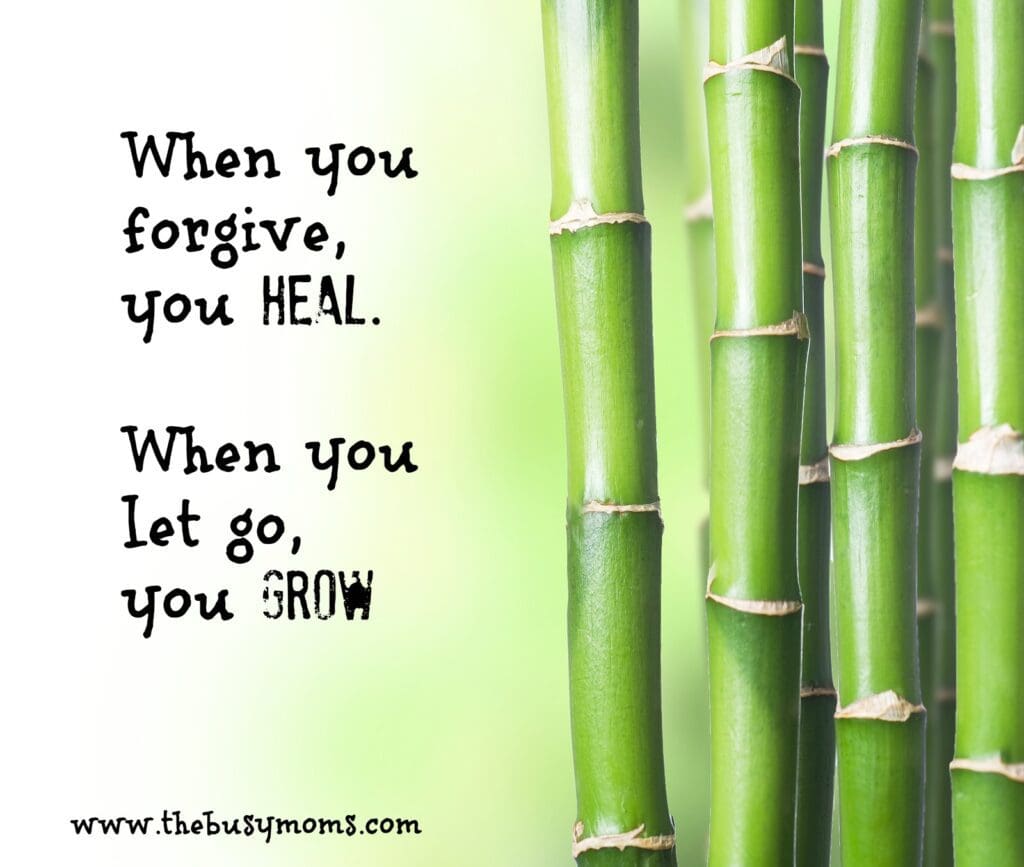
Ancient Wisdom Meets Modern Science: The Power of Anger and the Power of Forgiveness
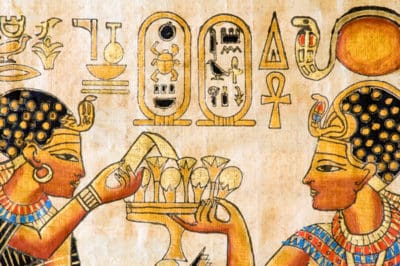
Ancient wisdom abounds on the link between anger and disease. And now, modern science offers us abundant proof, supporting the veracity of this link.
On the ancient wisdom: the cosmologies of all non-Western cultures hold that emotions, when persistent, held and unresolved, can affect all aspects of our lives, including, and most significantly, our health. Anger, and its close relatives of resentment, frustration, and irritability, is considered to be a primary cause of disease when not dealt with and released. To detail the entirety of these various world views is beyond my scope here, but I’ll give a brief mention of traditional Chinese Medicine, Ayurveda, Tibetan Medicine, Native American Medicine, the varied healing traditions of the African continent, just to highlight a few.

Here’s some of this ancient wisdom:
- Whoever opts for revenge should dig two graves. — Chinese proverb
- Holding on to anger is like grasping a hot coal with the intent of throwing it at someone else; you are the one who gets burned. — Buddha
- If you kick a stone in anger, you’ll hurt your own foot. — Korean proverb
- Anger is a poison that contaminates the blood. — Sufi Master Shaykh Khwaja Shamsuddin Azeemi
- There are seven emotions: joy, anger, melancholy, anxiety, grief, fright, and terror. When any one is in extreme, without appease, disease results. Anger is a primary cause of disease, with effects on the liver, heart, brain and stomach. Eventually, on the whole being. Cancers and tumors often arise when anger is held. — tenet of Traditional Chinese Medicine
- Ama, or toxicity, is the cause of all disease. Ama can be mental, emotional, physical, spiritual or “karmic.” Withheld emotions create ama. Anger imbalances can result in stomach issues, particularly ulcers, inflammation of any kind, and eventually, destruction of health. — tenet of Ayurveda
Modern Science’s Contribution
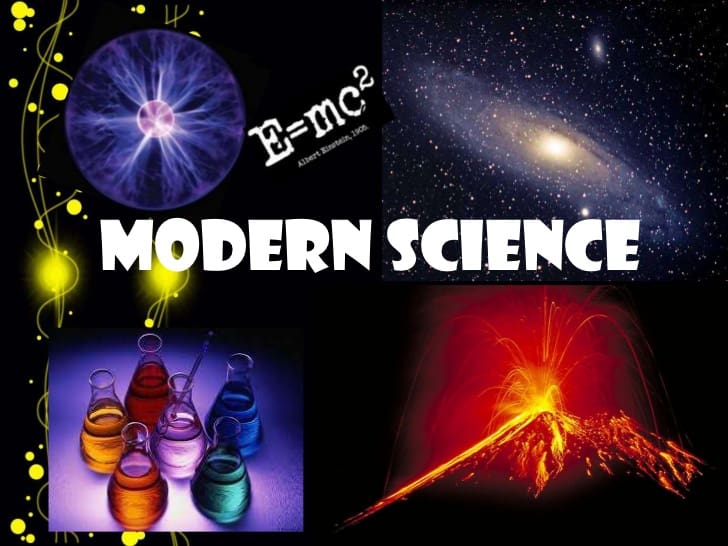
Modern science can now contribute to the discussion, concurring with this ancient wisdom: anger, either suppressed or expressed in extreme, is a risk factor for disease, and can impede healing. Research has linked anger with heart disease, ulcers, cancer, pain, infections, obesity, diabetes, and more.
The “how’s” of these research findings lie in the basic research exploring connections between emotions and health.
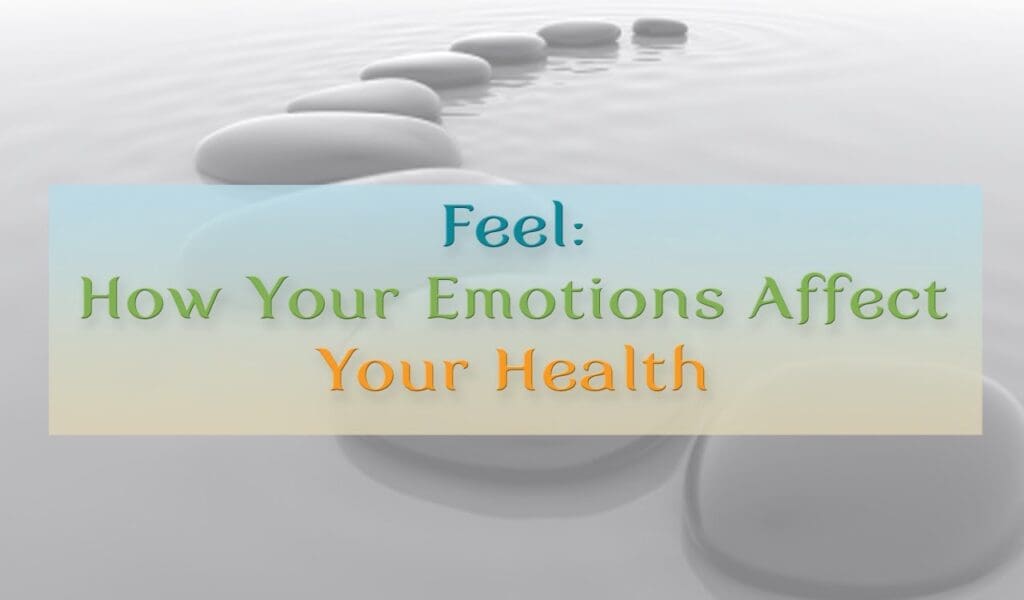
Thoughts and feelings can:
- Affect the autonomic nervous system, which controls our fight or flight and our relaxation responses. The stress, or fight or flight response is turned on.
- Affect gene expression (what the genes actually do), for example, genes that control immune function, the body’s response to stress, inflammation.
- Affect physiologic parameters in the blood, neurochemicals in the brain, hormone function, that can, for example, cause inflammation, decrease immune function.
- Affect neuroplasticity in the brain (literally, changes in the brain’s grey and white matter) with resultant effects on thoughts, emotions, memory, and states of anxiety, depression, etc.
- And much more, beyond my scope here.
Ancient wisdom and modern science concur, as well, on the healing power of releasing and resolving anger, and on the power of forgiveness.
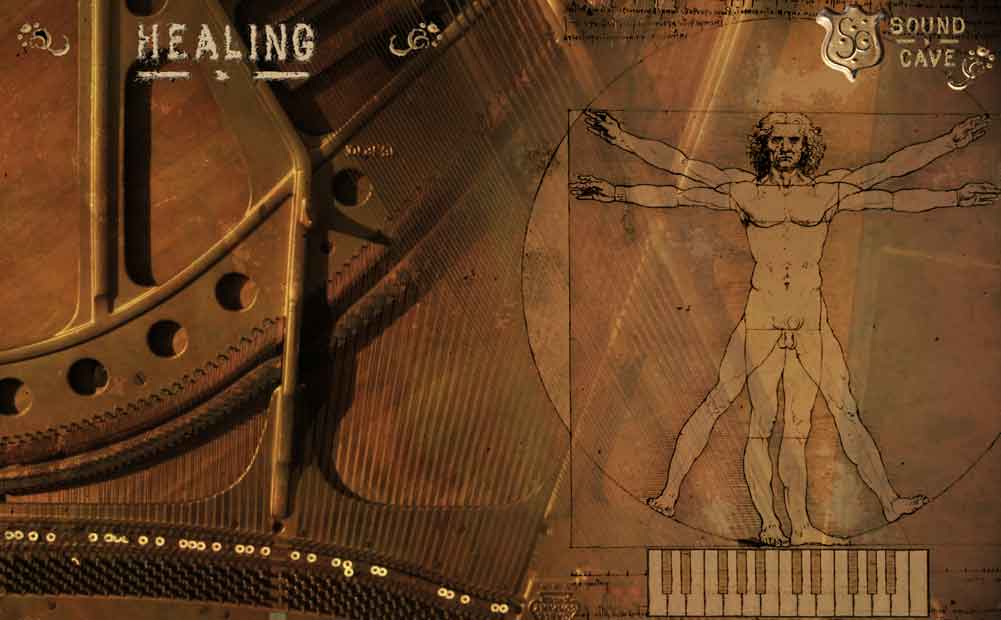
In the traditions of Chinese Medicine and Ayurveda, for example, addressing the root cause of disease, the emotional cause of disease, can heal that disease. The scientific rationale for such healing lies in the work of modern biomedicine. Studies have demonstrated effects on cardiac health, outcomes in cancer patients, improved immune function, less pain, less depression, less anxiety, and more. And by the same mechanisms I’ve described above.
(A brief aside: physicians in clinical practice, as well as physicians and medical students in training, have not yet caught up with these research findings. Medical education and practice often lag quite a many years behind current scientific endeavors.)
Bottom line: if you can change your thoughts, you can change your emotions; you can change your health, and you can change your life.
Stay tuned for the how to’s in Part 2.
